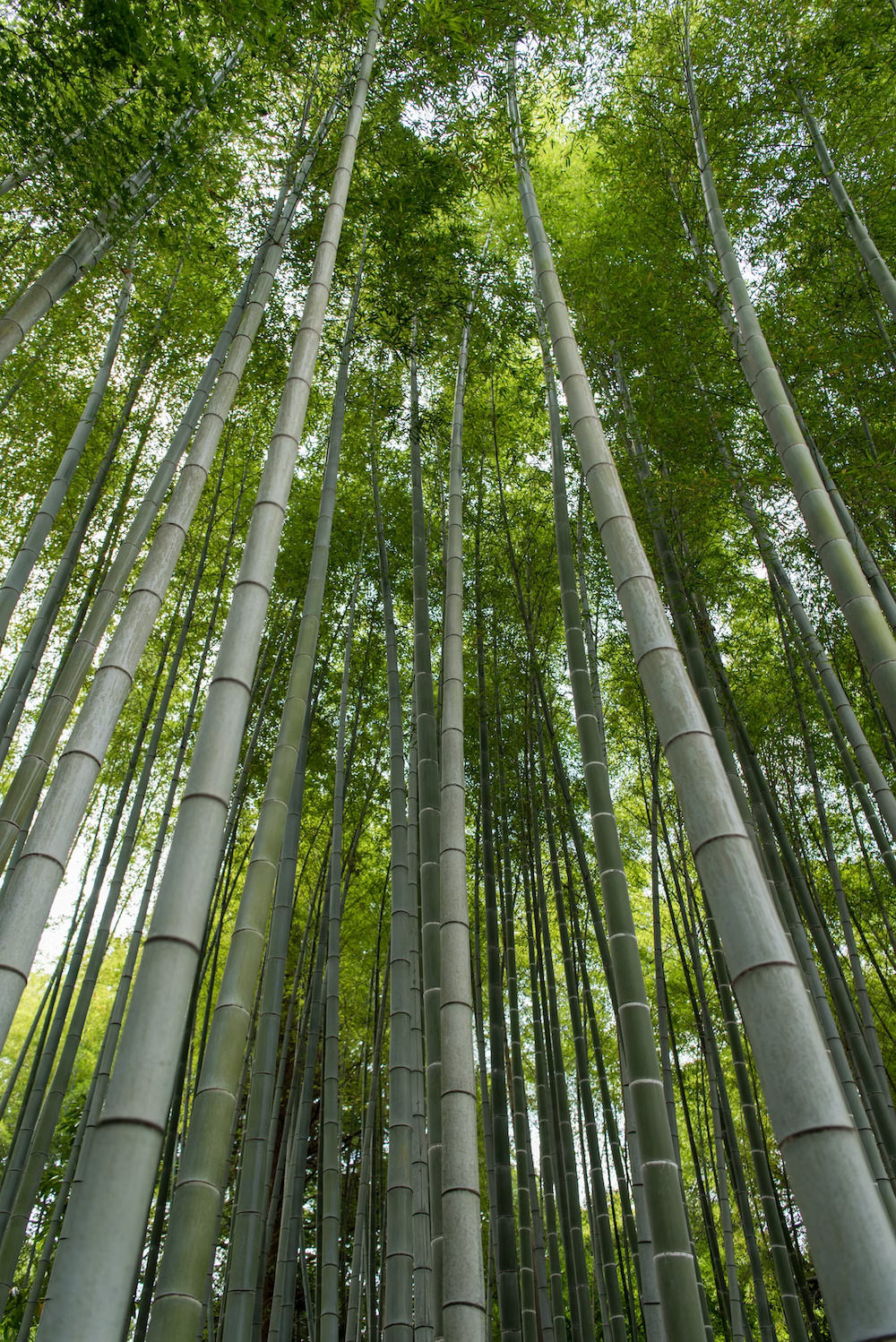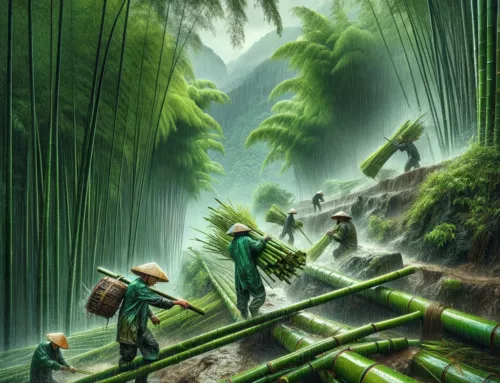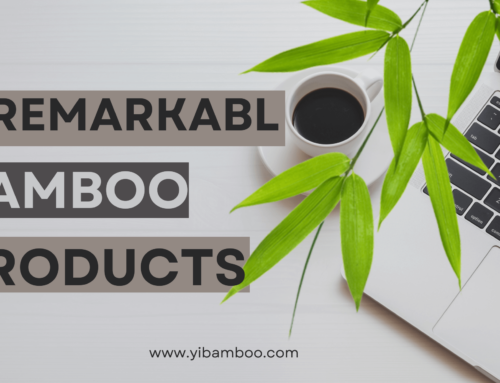Introduction
In the face of climate change and environmental degradation, the global community is urgently searching for sustainable materials and practices. Bamboo, a resource long revered for its strength and versatility, emerges as a beacon of sustainability. In this post, we’ll explore how bamboo products are making strides in reducing our environmental footprint.
Understanding Bamboo’s Growth and Environment-Friendly Properties
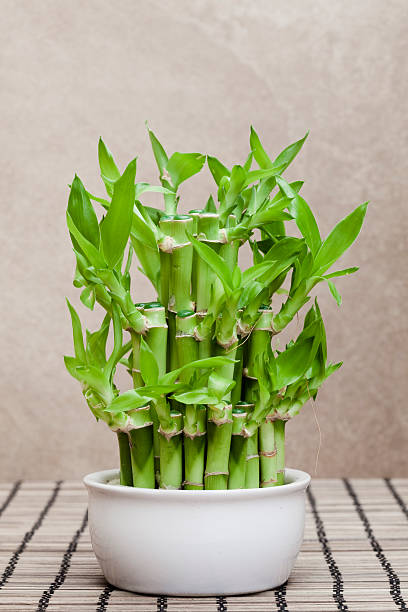
Bamboo isn’t just fast-growing; it’s a symbol of resilience and efficiency in the plant kingdom. Some species can grow up to 35 inches in a single day! This rapid growth allows for frequent harvesting without the need for replanting, as bamboo’s root system remains intact post-harvest, ready to regrow.
Furthermore, bamboo’s carbon sequestration ability outmatches many tree species, making it a champion in the fight against climate change. It thrives without pesticides or heavy water use, making its cultivation a low-impact affair.
Bamboo and Its Impact on Reducing Deforestation
Forests are the lungs of our planet, but they are shrinking at an alarming rate. Bamboo offers a sustainable solution. Unlike hardwood trees that can take decades to mature, bamboo reaches harvesting maturity within 3-7 years. This not only provides a quicker yield but also prevents deforestation, safeguarding habitats and maintaining ecological balance.
Bamboo’s unique harvesting doesn’t harm the plant, ensuring a sustainable cycle of growth and harvest and contributing to soil stability and erosion prevention.
The Lifecycle of Bamboo Products and Biodegradability
A bamboo product’s journey from a sprout to a spoon on your table is remarkably eco-friendly. When a bamboo product reaches the end of its life, it can return to the Earth, leaving minimal environmental impact thanks to its biodegradability.
In contrast, plastic products linger for centuries, polluting land and sea. Bamboo’s natural decomposition process ensures that we’re borrowing from the Earth responsibly.
Energy and Resource Efficiency in Bamboo Product Manufacturing
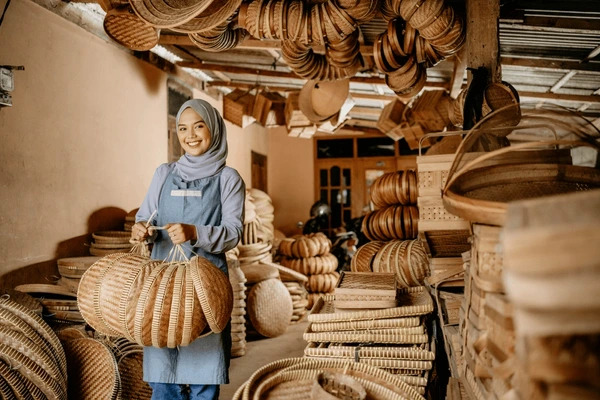
Bamboo’s environmental benefits extend to its manufacturing process. Producing bamboo products generally consumes less energy and water compared to manufacturing similar items from plastics or metals. The efficiency of bamboo processing means a lower carbon footprint for the products we use every day.
Bamboo Products’ Role in a Circular Economy
The circular economy is a regenerative system that aims to minimize waste and make the most of resources. Bamboo stands as an exemplary material in this system. Its strength and durability mean that products have a longer life, and when they do reach the end of their usability, they can be easily composted, completing the natural cycle.
Case Studies and Real-World Examples
Across the globe, companies and consumers are turning to bamboo to lighten their ecological footprint. From bamboo toothbrushes replacing plastic ones to bamboo fiber being used in clothing, real-world applications of bamboo are showing us the way towards a more sustainable future.
At YI BAMBOO, we’ve witnessed first-hand how switching to bamboo products has helped businesses reduce their environmental impact while delighting customers.
Challenges and Considerations
Despite its benefits, the bamboo industry faces challenges such as ensuring diverse bamboo cultivation to avoid monoculture practices. At YI BAMBOO, we’re committed to sustainable farming practices that protect biodiversity and minimize transportation impacts by sourcing locally where possible.
Conclusion
Bamboo products offer an inspiring path to a more sustainable way of living. They embody efficiency, resilience, and a low environmental impact. By choosing bamboo products from YI BAMBOO, you’re not just purchasing a product; you’re investing in a greener future for our planet.
Make the choice for sustainability. Explore our range of eco-friendly bamboo products and join the movement towards a better world.
Discover the difference bamboo can make in your life and the life of our planet.

